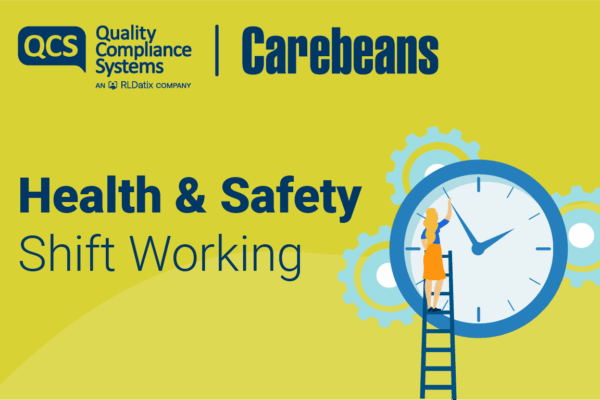As a social care provider you may well become involved in a coroner’s inquest, which can understandably be a daunting process.
Thankfully there are some simple steps to bear in mind which will help you to make sense of the proceedings, and to ensure minimal disruption for your staff and the business.
Download Here
Alternatively, see the tips below:
1. Clarify the scope of the coroner’s inquiry and the extent to which you may be involved
The next steps will vary significantly, depending on the extent to which your staff/business are involved in the circumstances of the death. For example, it will be useful to know whether you are involved as an Interested Person (a person/business who is actively participating in the proceedings and has obligations/entitlements as a result), as a witness or simply providing background information but are not directly involved. If there are concerns raised about the care provided then it is helpful to recognise this early on.
2. Get outside help
Seeking early advice can often be invaluable. Even a brief telephone call for preliminary advice will pay dividends in terms of understanding the next steps, potential risk areas and can be very reassuring to you and your team.
3. Act now
Don’t be tempted to bury your head in the sand! Make a note of any court deadlines and do your best to comply fully. If you are unable to meet a deadline for any reason then let the court know as soon as possible to explain and to request more time.
Now is the time to consider whether there are any internal investigations, regulatory notifications or other steps which ought to be done. Consider whether witness statements ought to be taken from any key witnesses if these have not already been obtained.
You should also take steps to preserve any time-sensitive evidence such as CCTV or messages/photographs on a mobile phone, which may otherwise be destroyed inadvertently or lost.
4. Ensure you preserve and collate relevant documents
It is imperative that you can access all relevant documents and it’s best to check this early to avoid any difficulties later on. This includes all care records, care plans, drug charts, policies, notifications and so on, irrespective of whether they are kept in digital or hard copy. It will reflect much better on you if the records are shared in an ordered bundle.
5. Check in with your staff
It can be nerve-wracking to be involved in a coroner’s inquiry, even for experienced care staff. Let staff know they can speak with you if they have concerns and ensure that they are directed towards appropriate support resources, such as through their professional body.
If you have legal representation then they will be able to help with this; they can offer practical tips and reassurance for those who are understandably nervous about giving evidence in a formal hearing.
6. Consider reputational damage to the business
Unfortunately, being involved in an inquest can often bring unwanted or unfavourable attention to your staff or business. In appropriate cases, you may wish to prepare early communications to staff/stakeholders, or to your existing clients, to offer explanations/assurances.
It is worth remembering that inquests are public hearings and so the press can attend and report on the evidence if they wish to. This is another area where outside help can be valuable. There are PR firms who specialise in health and social care and their input is often invaluable.






